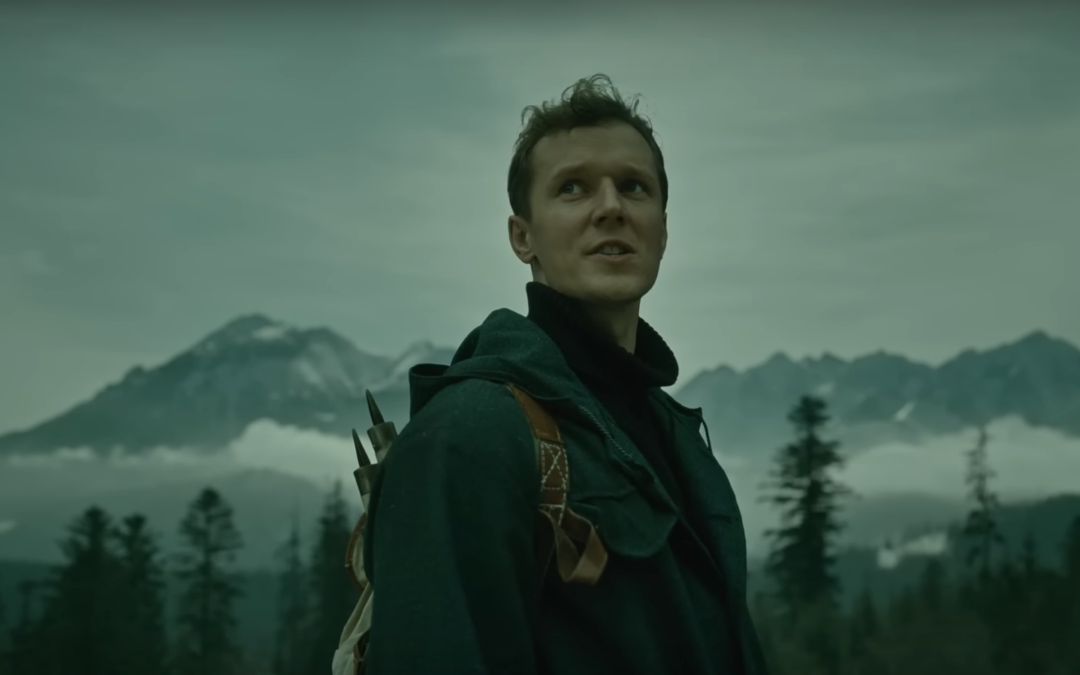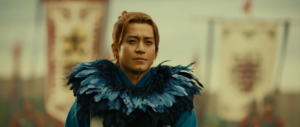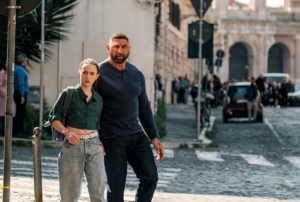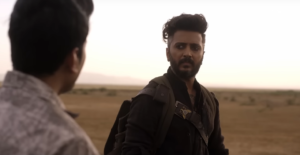Synopsis:
In the heart of the Highlander community, Maciek and Andrzej, two brothers bound by blood and tradition, take center stage. Andrzej’s departure from their familial abode follows the tragic loss of his beloved Bronka and the passing of their father, incidents that weigh heavily on his conscience. Amidst his journey, Andrzej encounters the enigmatic climber and anthropologist, Wolfram, who holds secrets of their Highlander heritage and a mastery of mountain climbing. However, upon Andrzej’s return to Zakopane, the specter of war looms large.
Attempting to shield his people from destruction, Andrzej seeks an alliance with the Germans, a decision that pits him against his brother, Maciek, and divides the Highlanders. The ensuing conflict between the siblings is brutal and visceral, mirroring the complexities of human nature. Within the tumult, the heroes of Biala Odwaga’s bridge emerge not as mere symbols, but as flawed individuals navigating a treacherous landscape of morality and survival.
As the narrative unfolds, it becomes evident that the true drama lies not in lofty ideals, but in the intricate tapestry of human relationships. Much like the towering peaks that dominate their homeland, the characters are thrust into a tale fraught with tension, unpredictability, and perilous choices.
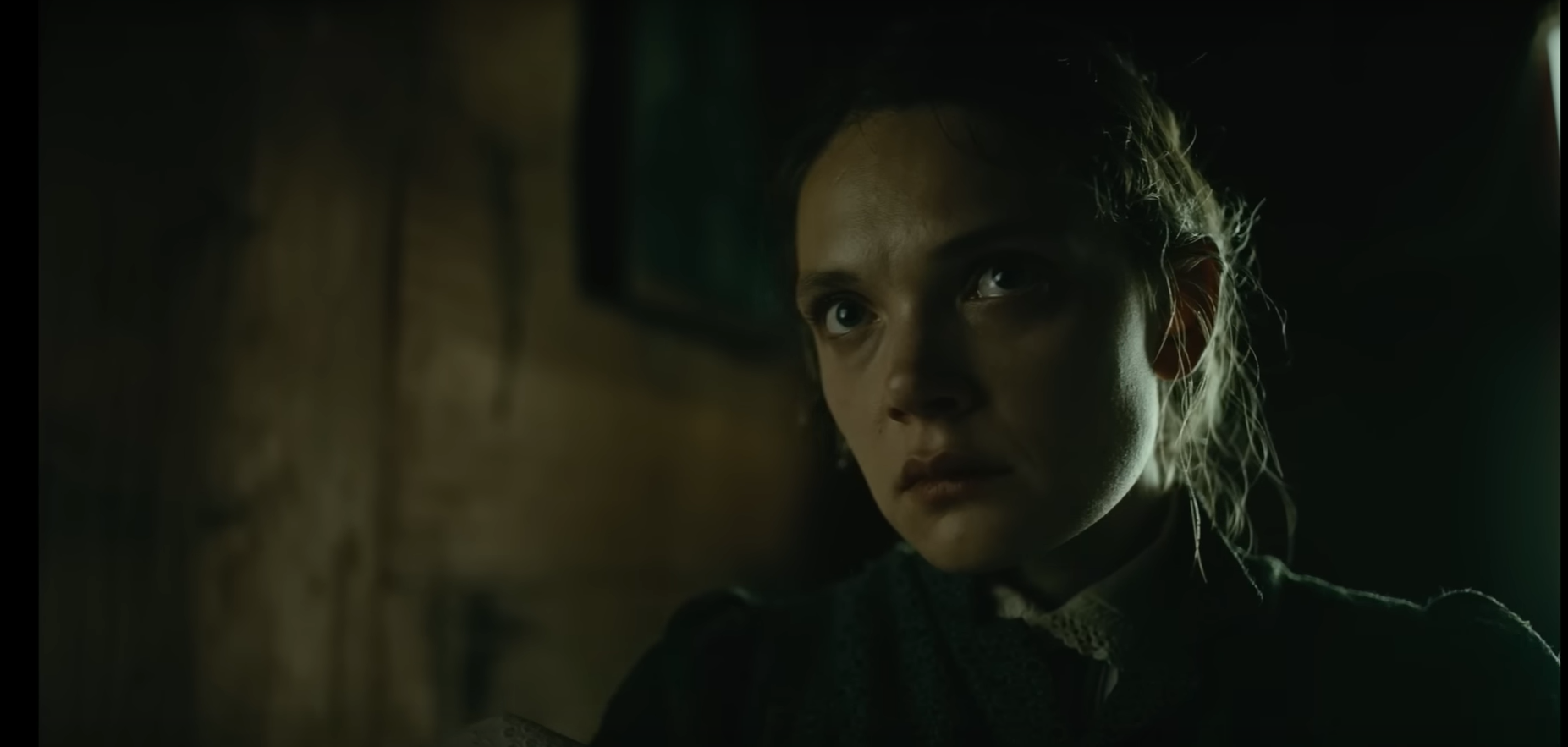
Review:
Director Marcin Koszałka skillfully captures the swift and haunting essence of transformation in his latest work. Opening with a fleeting introduction, the audience is swiftly transported to the breathtaking vistas of the Tatras, setting the stage for a visually stunning narrative.
While Koszałka’s portrayal of the picturesque landscape may draw criticism from environmental purists, who fear the commodification of Podhale’s natural beauty, one cannot deny the allure it holds for prospective tourists. Indeed, the film’s imagery is so captivating that it might inspire viewers to book their own excursions to the Tatra Mountains.
However, amidst the grandeur lies a tendency towards simplistic characterizations. Father Bronki, in particular, suffers from this narrative shorthand, relegated to a role of basic sanctity that feels disconnected from the nuanced complexities of the surrounding storylines. This reliance on familiar symbols undermines the film’s potential for deeper psychological exploration.
In the end, while Koszałka’s film offers moments of visual splendor and contemplation, it falls short of delivering a truly immersive and emotionally resonant experience. With a rating of three stars out of five, it leaves viewers longing for a more profound engagement with its characters and themes.
Ratings: 3/5
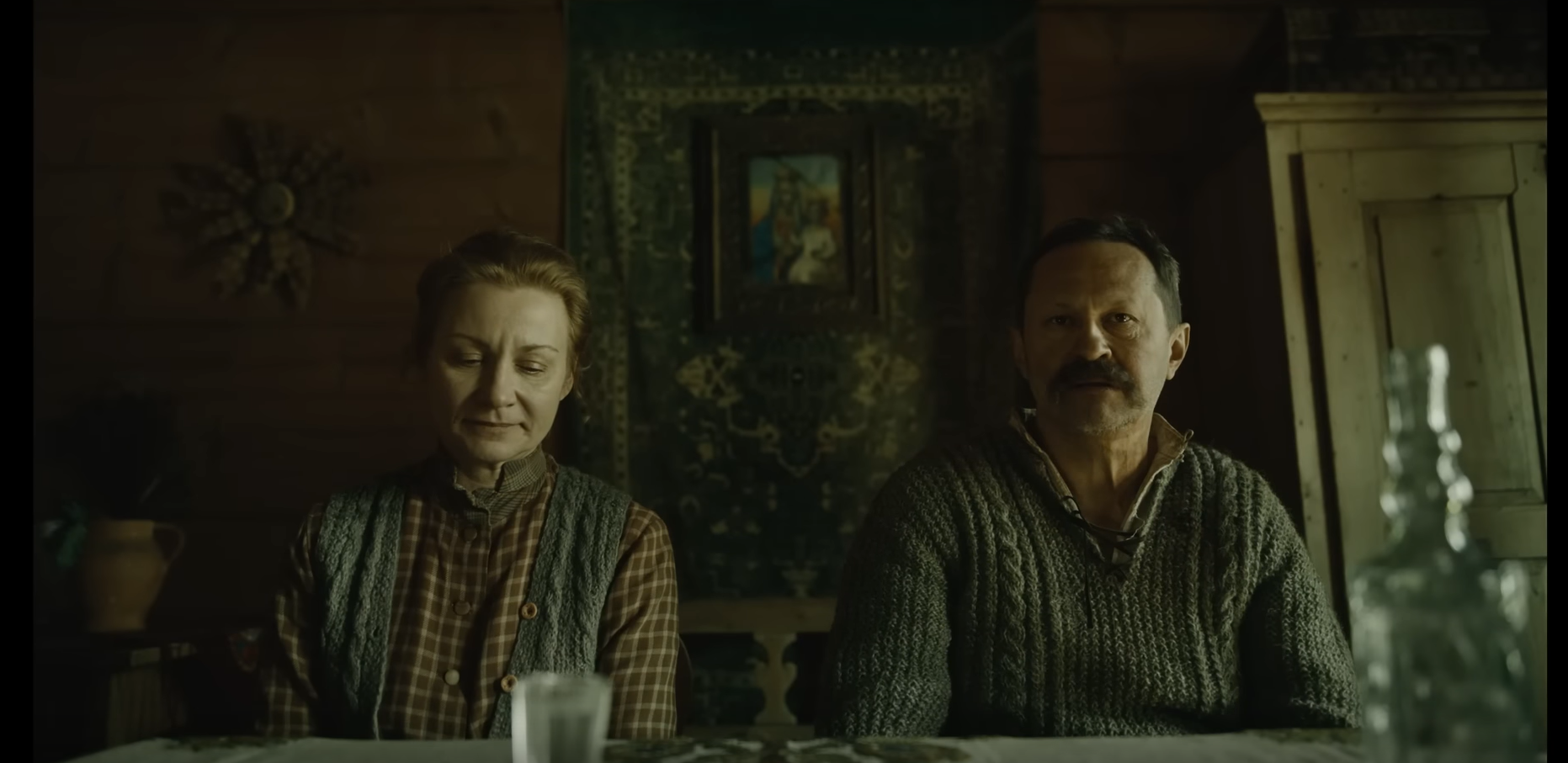
While there are missteps, even the most cautious individuals are prone to errors. What truly counts is that these mistakes are not irreversible. The film offers a safeguard against such missteps through its superb craftsmanship and striking visuals. Notably, it refrains from cheap sensationalism or propagandistic overtones, particularly in depicting the characters’ struggles during the German occupation.
Before the onset of conflict and the tumult of war, the protagonists emerge as products of their intricate pasts, shaped by a tapestry of trials and tribulations. Their portrayal avoids clichéd narratives, opting instead for a more nuanced exploration of human resilience.
For its commendable aspects, the film earns a rating of three out of five stars. While not without flaws, its ability to navigate complex themes with sensitivity and depth warrants recognition.

